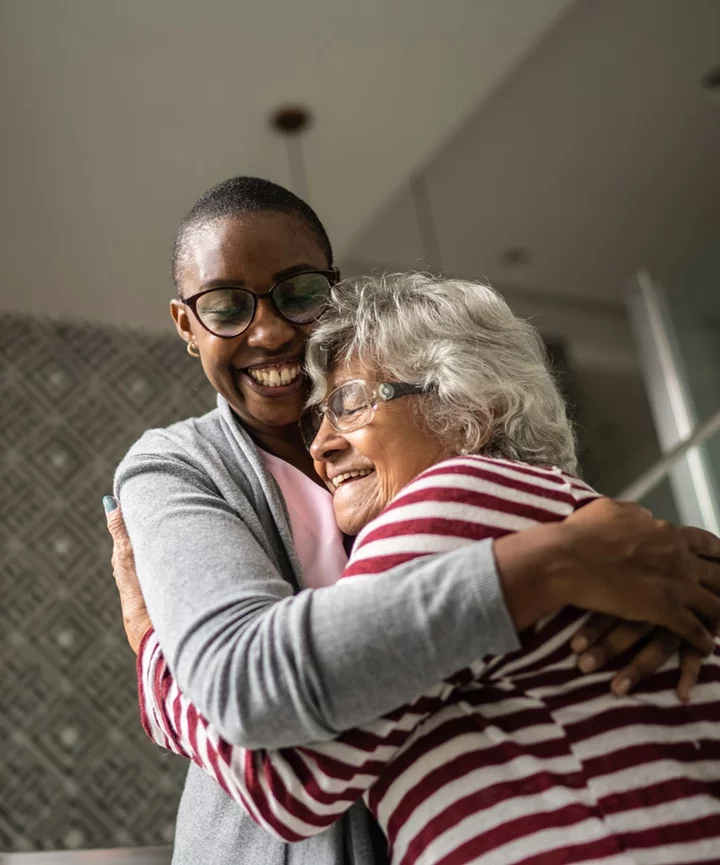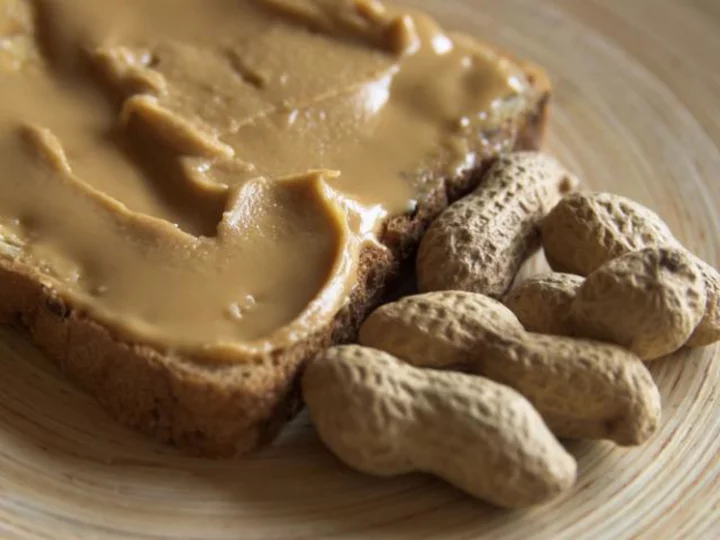Death is one thing we all have in common as humans. But, ironically, death, dying, and grief can feel extremely isolating when you’re going through it. The overwhelming emotions that come with death can cause you to feel miles away from community and no longer a part of an ever-spinning world, particularly in societies like the United States, where half of adults report experiencing loneliness every day. Death doulas challenge this individualistic approach to the end of life, making sure that people nearing death feel seen, heard, and held.
End-of-life doulas provide companionship, comfort, and guidance to dying people and their loved ones. While hospital and medical staff often treat patients as numbers rather than humans, death doulas recognize the emotional, spiritual, and practical care needs of dying and grieving communities, and support them by providing resources that help them make informed decisions and feel supported in their approach.
While the work of a death doula is dependent on the client they are helping through the process of death, Latine death doulas have cultural perspectives on passing that differ from the general beliefs of dominant U.S. society. Within the wide range of services death doulas offer to their clients — like creating legacy projects, plans for your estate, organizing an end-of-life celebration or a living memorial, as well as advocating for your wishes after you have passed — Latine death doulas also offer some cultural perspectives on death.
“Death doulas recognize the emotional, spiritual, and practical care needs of dying and grieving communities, and support them by providing resources that help them make informed decisions and feel supported in their approach.”
nicole froioFor Jessica Mendivil, a Latina death doula who goes by The Death Empath on Instagram, the most important part of her job description is to respect the wishes of her clients, but she also welcomes opportunities to practice ancestral rituals that come from Mexican Catholicism, which she is deeply connected to.
“This is where I start bringing in rights of passage, sacred ceremony rituals, altar building, and more,” Mendivil tells Refinery29 Somos. “Since I’m Latina, and I’m Mexican, I bring in a lot of stuff from my Catholic background, like starting a novena, things of that nature.”
Culturally relevant spiritual practices — like novenas, nine days of prayer around a specific intention, and altars, a site for honoring ancestors, loved ones who have departed, and spirit guides — help dying and grieving communities alike find meaning, support, and care in life and death.
“Latine death doulas have cultural perspectives on passing that differ from the general beliefs of dominant U.S. society.”
nicole froioA doula can provide deathcare at any time in a passing person’s life, offering support and care during an illness, after a terminal diagnosis, when death is imminent, or even after a death. End-of-life doulas simultaneously honor the complicated and debilitating emotions that come when dying and/or grieving as well as help in normalizing death and deathcare.
For instance, when Mendivil is not working one-on-one with clients, she shares advice on Instagram about how to handle death and grief, tackling rarely discussed subjects like children and grief and coping methods to process feelings of grief safely. Mendivil feels particularly confident in her relationship with death and her work because of her Mexican heritage, a culture that has a very conscious and intentional relationship with death.
“We have so much death in our history. Of course there’s the Day of the Dead, but there’s also history that goes further back to our Indigenous roots that deal with death, specifically gods and entities of death,” Mandivil explains. “There’s this kind of embracing of death culture, where mortality is with you every day.”
“There’s this kind of embracing of death culture, where mortality is with you every day.”
Jessica MendivilMuch has been written about the ways in which Mexicans honor the dead. Disney’s 2017 animated film Coco exported the Día de Muertos celebration to the U.S. and the rest of the world; however, the message hasn’t been quite absorbed. Death is still an uncomfortable subject to talk about: friends of grieving people don’t know what to say, and grievers don’t want to be a burden, so at a time when mourners need community, they feel the most alone.
This is why Latine death doulas and grief workers, who grew up around death ceremonies and thus feel more comfortable discussing grief and supporting grievers, encourage more expansive perspectives on death.
“Even as a child, I wasn’t shielded from death,” Mendivil says. “We were part of it. You’re always a part of saying goodbye, no matter what the circumstances are. We were always there during the novenas or even during the ceremonies, touching the body, things of that nature.”
“I process grief through dancing, singing, all the things our Latinx cultures use to build community.”
JESSICA MENDIVILWhen asked by her clients to blend modern-day death doula practices with her ancestral knowledge and practices, Mendivil brings in methods like grief singing, which she traces back to her own cultural background. This can look like singing while saying your farewell to the departed, whether during ceremonies like funerals, in the company of others, or alone in your room. Incorporating music into grief counseling and grief work isn’t new, but, to Mendivil, it’s a methodology that blends modern death coping mechanisms with ancestral ones.
“If someone is hiring me, they know about my background, and they also understand that my spirituality is open,” she says. “I’m never going to impose my culture on any client, but I do things that can cross both modern and ancestral methodologies.”
During a time when death seems to surround us, Latine death doulas encourage people to be honest about life and treat grief and death as a community experience. Ultimately, Mendevil recommends activities that can be done collectively to physically, emotionally, and spiritually process grief and other difficult feelings about death.
“We build this altar for them, to invite them in, and to remember what they meant to us, not just their death but who they were as people, and to talk about them and say their names.”
JESSICA MENDIVIL“I process grief through dancing, singing, all the things our Latinx cultures use to build community — eating, singing, cleaning. All of it is a way to say, ‘I am still alive. I still have this body,’ dancing for those who cannot dance.”
With Día de Muertos around the corner, Mendivil is currently preparing for the days of death celebration, where it is commonly believed that the veil between this life and the next becomes thinner. Mendivil recommends that we see this period as a time of spiritual rest, where we are reminded of our mortality and become more present and intentional about our living.
For her, the holiday is two-fold: “It feels like slowing down, like stillness, resting, like preparing for the winter on a spiritual level,” she says. And it’s also about honoring the community we have, alive and no longer alive. “We’re gonna try to invite not just our neighbors and friends into the situation, but also our dead loved ones, and be really honest about how we feel.”
She continues: “We build this altar for them, to invite them in, and to remember what they meant to us, not just their death but who they were as people, and to talk about them and say their names.”









